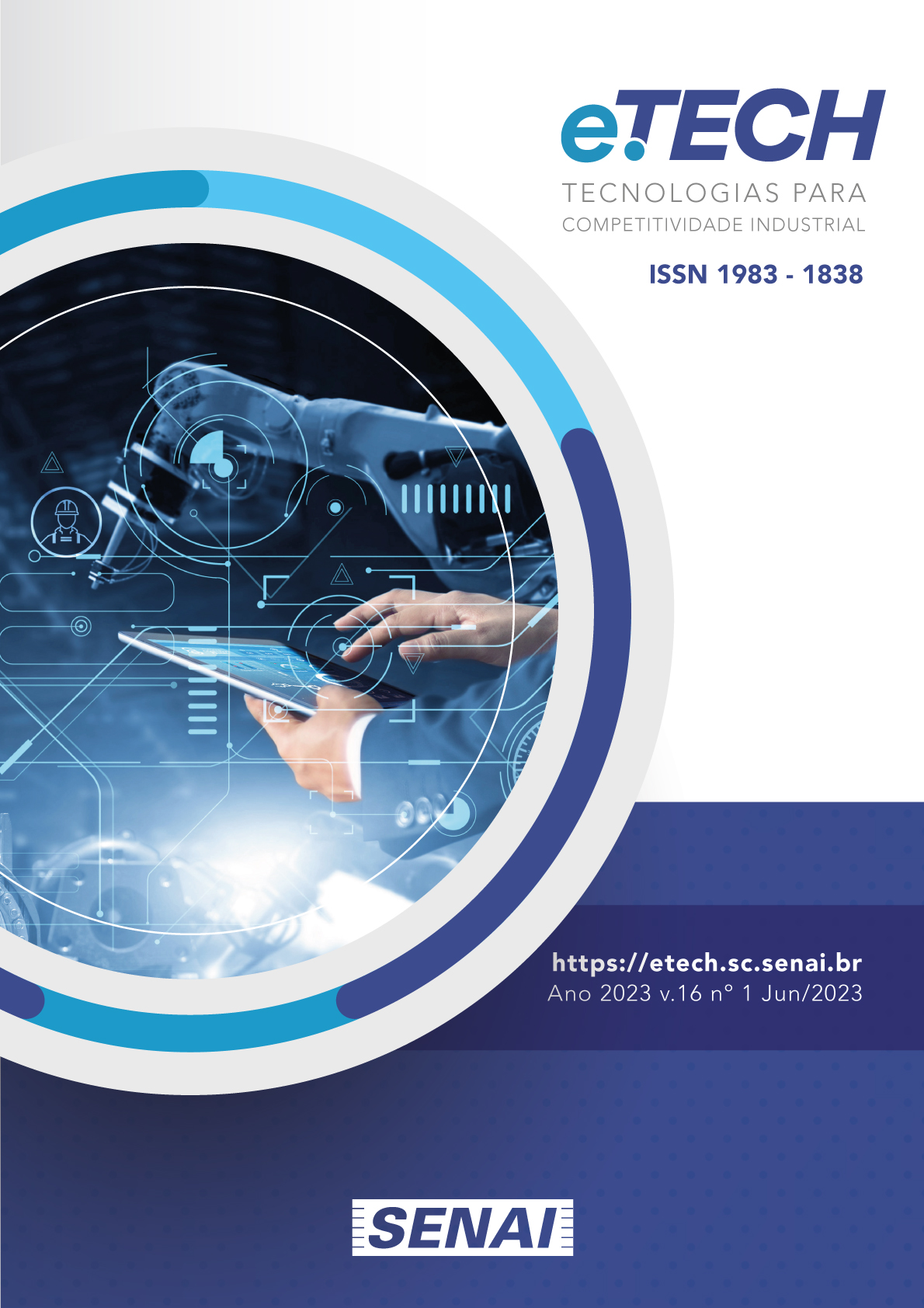APPLICATION OF THE SMED METHODOLOGY FOR REDUCING SETUP TIME IN THE ASSEMBLY OF ELECTRONIC COMPONENTS ON PRINTED CIRCUIT BOARDS
DOI:
https://doi.org/10.18624/etech.v16i1.1302Keywords:
production; setup; tpm.Abstract
This work presents a case study that uses one of the tools of the management system TPM (Total Productive Maintenance) or "Total Productive Maintenance", known as SMED (Single Minute Exchange of Die) "Tool exchange in just one minute digit”, created by Shigeo Shingo. In this work, a Pareto chart and a cause-and-effect diagram were used. Its objective is to demonstrate an improvement proposal achieved by an Industry of Polo De Duas Rodas in Manaus / AM that reduced the number of hours stopped in a production line assembly of components, thus being able to respond to the increased demands of its customers. This research concludes emphasizing that with the implementation of the steps of this methodology, it was possible to achieve an expressive increase in production, with a 78% reduction in the time spent to carry out the setup of the production line.
Downloads
Downloads
Published
How to Cite
Issue
Section
License
Copyright (c) 2023 Bruno Lopes Bandeira, Dércio Luiz Reis

This work is licensed under a Creative Commons Attribution-NonCommercial 4.0 International License.
Esta licença permite que os reutilizadores distribuam, remixem, adaptem e desenvolvam o material em qualquer meio ou formato, desde que a atribuição seja dada à revista. A licença permite o uso comercial.






